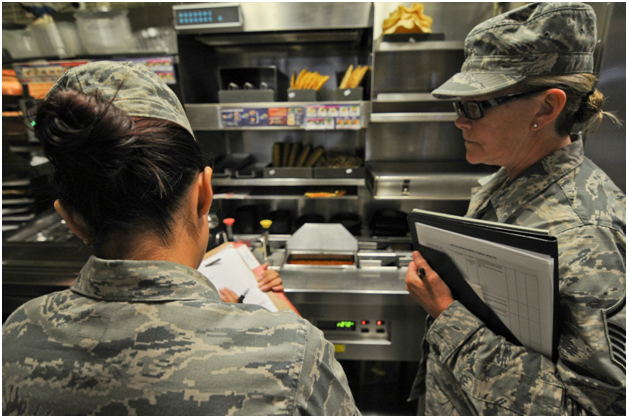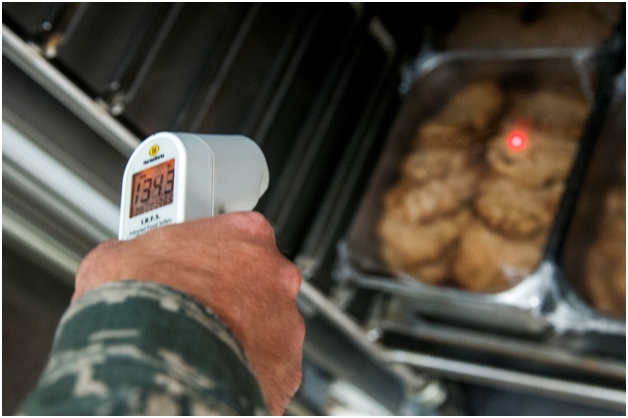Food safety inspections are dreaded by every restaurant owner, but they’re also a necessary part of the business and provide peace of mind to customers that the establishment has the appropriate levels of food hygiene. Here we’ve put together a guide to help you ensure your restaurant passes.

Look Back
The best way to prepare you for an upcoming inspection is to look back at what previous ones involved. This will allow you to assess the good and bad elements of them, such as the cleanliness of a commercial freezer, and see how you’re currently performing against this.
You can consider what you’re already doing well, which areas you can improve in and things that needed to be implemented from the last inspection that you haven’t already done. These are the main areas that an inspector will be examining and so should be your starting points for preparing.
Carry Out a Surprise Inspection
With one in seven takeaways and one in 13 restaurants having failed a food hygiene inspection, it’s essential that both you and your staff are prepared in advance.

It can be helpful to conduct your own surprise inspection without warning your employees, so you can see the condition of your kitchen on a typical day and any elements that need to be changed, such as ordering a new commercial freezer from a supplier such as www.fridgefreezerdirect.co.uk.
You need to be as hard and picky as an inspector would be and highlight the areas where improvements need to be made. The more you put the kitchen under the spotlight, the better it will become and the more focused your staff will be, so that when it happens for real you won’t have anything to worry about.
Keep Staff Well Trained
The key to ensuring that food safety inspections go well is to have a highly skilled workforce who take pride in their work and know what to look for.
This includes keeping staff up to date on standards for food handling, how to store food safely, the benefits of effective sanitation and how to maintain appliances and exhaust hoods to keep them operating effectively. All of these are areas that will be picked up on by a food inspector and are crucial to the safe and efficient running of your kitchen.

